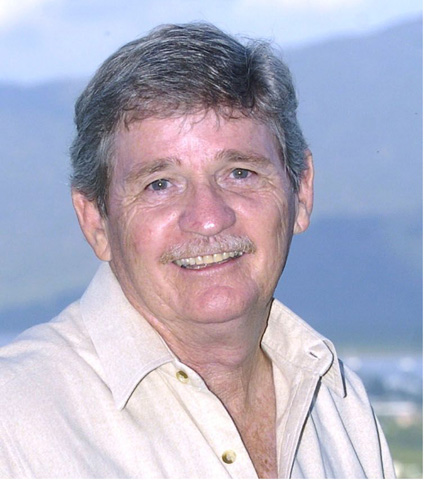.
RECAST
FEDERALISM
A VERY
DANGEROUS PATH
Treasurer Peter
Costello has announced that he believes that the Federal Government needs
greater powers to effectively manage the Australian economy. The powers he
claims that are needed presently reside with the States and presumably his new
“Recast Federalism”, as his new proposal has been called, will have to
involve one of two things.
Firstly he will have to
go to a referendum to have the
Constitution changed or secondly, he will have to
have all the States vest all the powers he needs in the Commonwealth. Informal
arrangements do not wash as the High Court of Australia has already found in the
case of the corporations law.
Already the Federal
Government is talking about making the remittance of GST moneys to the States
“conditional”, so it is not out of the question that a little coercion could
be in the pipeline, but it would be disastrous for any State Premier to even
consider it.
This latest move by Mr.
Costello is not a unilateral act on his part, nor is it a proposal that is out
of line with the direction the Prime Minister has defined for this country. This
move by the Government, and introduced by the Treasurer, is just another step
towards the greater centralisation of power in Canberra and one that is intended to
bring
Australia closer to the American (republic) style of Government.
Whether that kind of
Government will suit Australia is a very moot point indeed but the present worry
is… will we have a say at all. Many now have the gut feeling that such a move
would be down a dangerous path from which there may be no return.
Currently the Federal
Government is in the process of increasing its powers in the area of industrial
relations. This matter is presently before the High Court and, in time, a
decision will be handed down.
Prior to this the
Federal Government relied on a previous decision of the High Court, “The
Engineers Case” (Seventy
Five Years On) decided on 31 August 1920 for its authority tempered by some
level of electoral concern. That case was a watershed as it overturned the then
existing concept of the States “reserve powers” a concept that had been
enshrined by the original members of the High Court who by this time had either
resigned or passed away.
As to whether or not
the Federal Government is looking to establish another “watershed” case with
Industrial Relations is only known to the Government but there certainly are
ominous signs on the horizon. However, should they succeed with industrial
relations, why not infrastructure and services?
The problem for the
electorate however is that both of the major parties would relish increased
power in their hands as they would not have the enduring problem of dealing with
“recalcitrant” Premiers. State governments are by design closer to the
people simply because of the tyranny of distance. Consequently, irrespective of
political persuasion, the States are more likely to not only differ with the
Commonwealth but also between themselves, as their electorates’ wants and
needs will vary.
As we know the
Commonwealth wants centralisation as it believes it can do a better job without
the encumbrance of dissent. That is from its point of view of course. Equally if
you wish to control a population it can be better done if you only have to
control one forum or legislature and of course this is the way the American
political system has gone and the ease with which it could be introduced into
Australia is now very apparent.
So in this case, if the
Federal Government wants to do the job properly it has to go to a referendum and
to do this successfully it has to have bipartisan support. Now, while Kevin
Rudd, leader of the Labor Party and Opposition can equivocate on the nub of the
matter, which he seems to be doing at least at this early stage, and prattle on
about peripheral matters, which he is certainly doing, we need a clear and
unequivocal statement from him that he will not pursue or support a similar line
to Mr. Costello and Mr. Howard.
After all, what these
party politicians must remember is what we already know and, that is if a new
system makes it easier to control the electorate, it is also easier for
themselves to be controlled, as in fact has happened in the past. If they feel
that they are unable to run the country on a co-operative and consensual basis,
then the honourable course of action for them would be to stand aside and let
someone else do it.
RETURN TO: INDEPENDENT
VIEW
![]()
![]()



